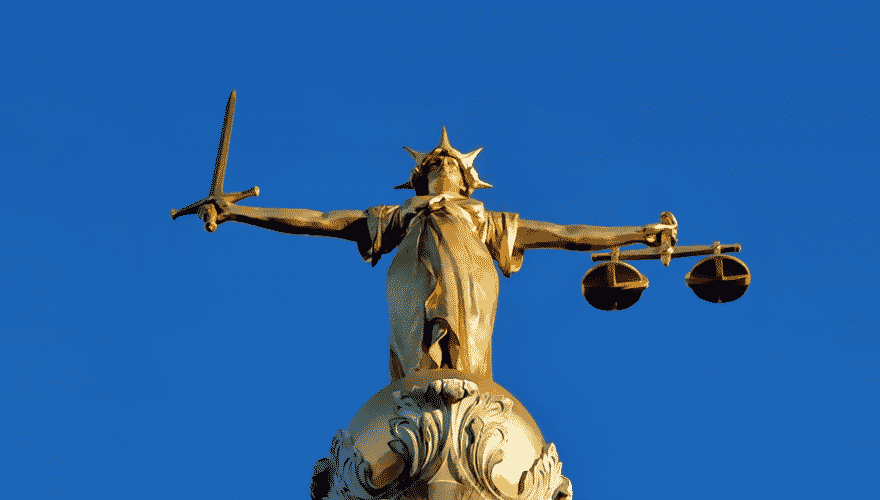One of our recent blog posts discussed the Georgia Supreme Court’s “Covid-19 Emergency Order,” and broke it down to explain what it actually means for immediate purposes for you and your case. In this article, we will discuss some ways your injury case may be affected in the months and even years following the easing of social distancing restrictions.
Courts are not having jury trials and most are closed completely to the public
On March 12, Georgia Supreme Court Chief Justice Harold Melton directed courts statewide to declare judicial emergencies if they felt necessary. Most courts took some action in response to that directive. This means that once the courts are back open for business, there is going to be a lengthy backlog of cases waiting for a jury trial.
Once the courts reopen for jury trials, criminal cases will almost certainly be given priority over civil cases
This may be frustrating news if you are someone who has waited years to finally get the chance to take your personal injury case to a jury. The reality is that criminal trials make up the vast majority of trials in most courts. There is also a constitutional right to a “speedy trial” if the defendant demands one in a criminal case, which does not exist in a civil case. This is because—and rightfully so—our system of justice values freedom more than money. Therefore, we expect courts will hear many more criminal trials than civil trials when they do finally open back up again.
Mediators may be busy
The best case mediators are booked many weeks in advance. Since the pandemic, many of them have had cancellations by parties who either don’t understand how to, or simply do not want to, use video technology for remote mediations. This could mean a deluge of cases trying to find mediators once mediation offices are back open for in-person mediations.
More depositions and mediations will be conducted via video even once things are “normal” again
We have noticed that lawyers, insurance adjusters, and even the parties themselves have acclimated fairly quickly to doing things over videoconferencing, such as Zoom. Rafi Law Firm has successfully mediated several cases this way during the past few weeks and we are setting up remote video depositions as well. Law firms and their insurance clients will surely notice the savings in travel and lodging expenses that these video-conferences can provide. We would expect more adjusters to “attend” mediation by video from this point forward.
Insurance claims will be down
With so many fewer people driving during the pandemic, there will be a substantial correlating decrease in the number of automobile crash claims for months to come. With so many fewer people out shopping and visiting businesses, premises liability claims will drop off. With so many fewer people working, worker’s compensation claims will bottom out. And with so many fewer overall claims, insurance companies are saving money by not having to pay them out. At the same time, however, they may see the decreased demand as a way to save even more money by furloughing or laying off lower-level claims handlers. It is different to predict what, if any, these changes will have on an insurer’s approach to handling claims of any variety. It should not however have any long-term effect on an insurer’s evaluation of a claim.


